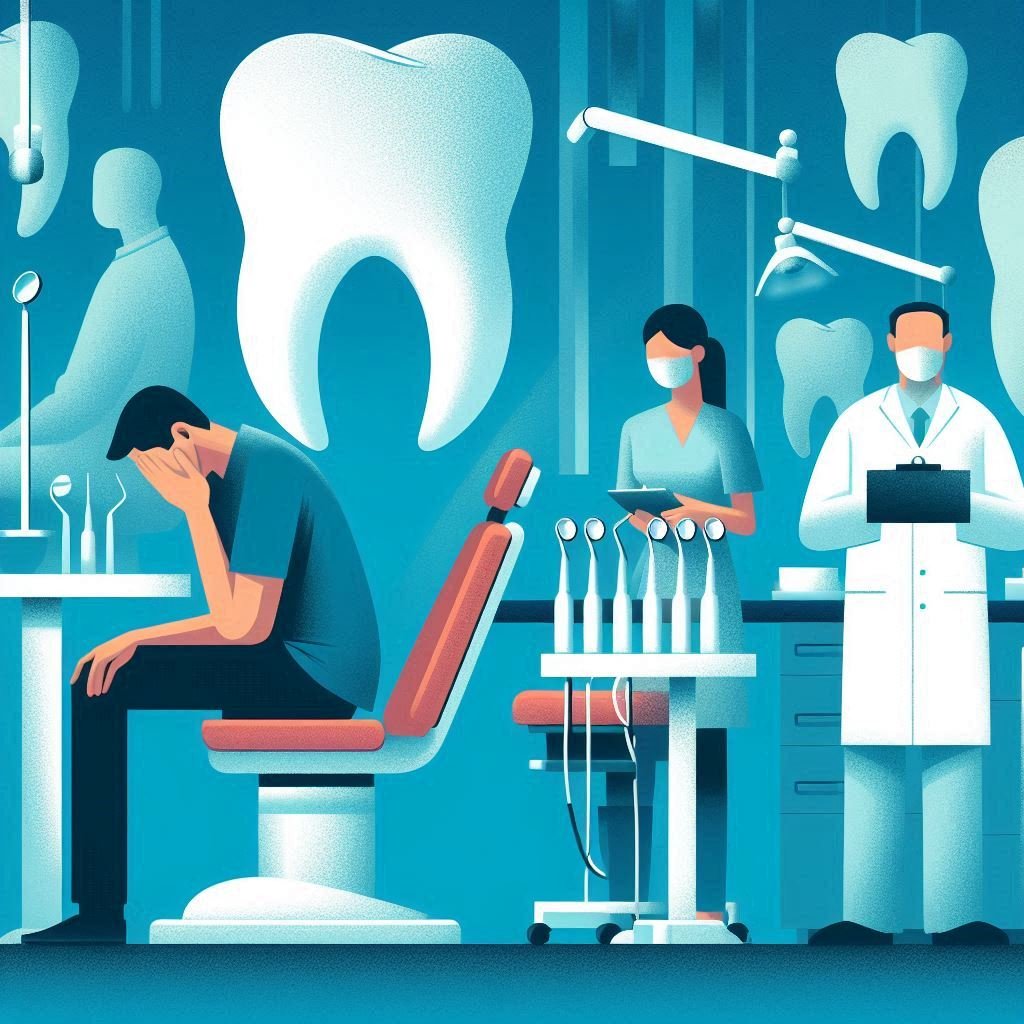Loneliness and isolation
It is often said that dentistry is a lonely profession. As dental professionals, we spend a significant portion of the workday in relative isolation with limited social interaction beyond patient encounters. While this focused environment allows you to provide excellent clinical care, it can also contribute to feelings of loneliness and social disconnection over time.
Social isolation and loneliness are serious public health concerns that have been linked to a range of physical and mental health issues, including depression, anxiety, cognitive decline, and an increased risk of chronic diseases. For dental practitioners, the solitary nature of the work, coupled with the stresses of dental practice, can exacerbate these feelings of disconnection.
However, it's important to recognise that social isolation and loneliness are not the same thing. Social isolation refers to a lack of social contacts and relationships, while loneliness is the subjective feeling of being alone or disconnected from others, even when surrounded by people. It is a feeling related to the perception that either the number or quality (or both) of social relationships is less than desired. Someone could be isolated from others but generally feel satisfied with the relationships that they have, whilst others may be surrounded by many people and still feel lonely. What is important is how people feel about their relationships, rather than the number or size of their social network.
Both social isolation and loneliness can have profound impacts on mental health and overall wellbeing. Chronic loneliness has been associated with increased levels of stress, impaired sleep, and a weakened immune system. It can also contribute to burnout, a common issue among dental professionals.
To combat these challenges, it's essential to prioritise social connections and foster a sense of community within your practice and professional circles. Here are some strategies to consider:
Encourage team-building activities and social events within your practice to promote camaraderie and support among staff members.
Participate in local groups or study clubs to connect with colleagues and engage in professional development opportunities.
Explore online communities or forums for dentists, where you can share experiences, seek advice, and build connections with others in the field.
Cultivate meaningful relationships outside of work, whether with family, friends, or through hobbies and community involvement.
Consider seeking support from a mental health professional if you're struggling with persistent feelings of loneliness or social isolation.
Remember, you are not alone in this experience. By prioritising social connections and seeking support when needed, you can maintain a healthy work-life balance and thrive in your dental career.

